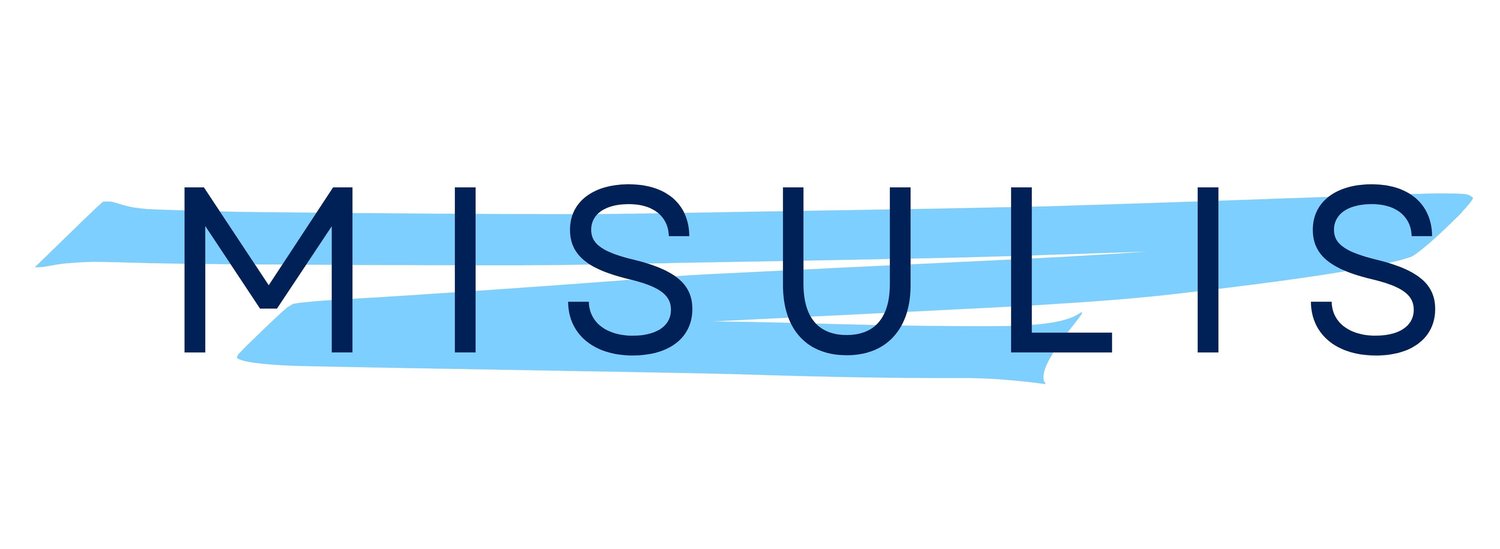The (Un)Ethics of Unpaid Internships
The job market is competitive, especially now. An unpaid internship at a prestigious company sounds like a shiny golden stepping stone to the career and salary of your dreams. So why should you avoid it? Well, the long and short of it is that it's terrible for you and everyone else trying to break into the job market
But why are they so bad? Passing up an unpaid internship can feel like throwing away an opportunity, especially when there are things you can gain from them.
What are the advantages?
The most obvious answer is networking. It's no secret that it's all about who you know in today's corporate world. An internship can give you the chance to rub elbows with established professionals in the industry and make a name for yourself. Of course, it's not the only way to network.
An internship can also potentially secure you a job. If a company is looking to fill a position and the choices are a random applicant and someone who has interned with them, they will most likely choose the candidate familiar with their company. If it's a choice between you and someone with paid work experience, chances aren't as good that you will be getting the job.
Internships also give you the chance to gain experience in the field. An internship allows you to see what future jobs would look like and make sure it's something you are interested in doing. You can also be exposed to other departments in the company and possibly find something you didn't even know was an interest.
We can't say that internships are all bad. Paid internships are an excellent career opportunity and benefit both the individual and the company. So why are unpaid internships so detrimental?
What are the disadvantages?
The most significant disadvantage to an unpaid internship is compensation. Unpaid interns are not fairly compensated for their work, and often the internship itself can cost money when you factor in the possibility of relocation and commute costs. Sometimes an internship can be for credit towards a degree or an academic requirement like student teaching. However, they are, by and large, labor exploitation.
As an unpaid worker, you have fewer legal protections. You are not a paid employee and therefore don't have the same rights as an actual employee, and companies can take advantage of you. While working as a full or part-time employee, a company has certain legal obligations to you. Those same protections are not always afforded to interns.
Another potential disadvantage is future wages. As counterintuitive as it seems, an unpaid internship can lower your possible future income. If companies see you're willing to work for free, they are more likely to lowball you when offering salaried positions.
Accepting an unpaid position is also a waste of your time. Unpaid internships can be tempting because of the perceived advantages for your career prospects. However, time is money and your time and labor are valuable even if you don't have as much experience as other workers. By taking an internship, you benefit a company to the detriment of your wallet and resume. Instead, you could spend that time working an entry-level job while earning a wage and gaining more experience.
Unpaid internships are bad for the market. It's no secret that companies like to save money for their bottom line. By allowing a company to exploit your labor for free, you are helping to reinforce a system that takes advantage of young, desperate workers for the benefit of shareholders. It's ethically questionable at best and actively harmful at worst. Now especially, we are going through a turbulent time for workers. Many companies make no secret of their poor treatment of employees and abuse of government benefits. With the pandemic's rippling effects and many people still out of work, why sacrifice yourself to feed these already greedy companies?
Having unpaid positions is a barrier to entering a field and limits diversity while reinforcing class and economic barriers. There are a select few who have the privilege of working without pulling a salary. Whether they have savings to fall back on or parents to support them, they have an advantage over anyone without access to disposable income. This income barrier predominantly affects people of color and limits the possibilities of lower economic classes to break into lucrative and often exclusive fields.
What are the alternatives?
So, unpaid internships are unethical and can be detrimental, but they are standard practice for many industries. How can someone break into the corporate world without having to accept working without fair compensation? Instead of an unpaid internship, entry-level workers should focus on the big picture. Map out where you want your career to go, set goals that will get you there, and look for opportunities to help you achieve those goals while being fairly compensated. Many companies offer paid internships, short-term jobs, and contract work for people looking to gain experience. Another option is to find a company that will allow you to work in another role, like admin, while training for a different department.
Unpaid internships pump up a resume and make a job candidate look more experienced. Look for other ways to build a strong resume, like professional courses or volunteer work. Freelancing is another great way to gain hands-on experience without sacrificing compensation.
If you are struggling to set goals and make a plan to break into the job market, consider a career advisor that can help you find the path that's best for you. At Misulis Group, we offer several career planning and goal-setting services to give you a clear roadmap for achieving your goals. Contact us to see if our services are right for you.

